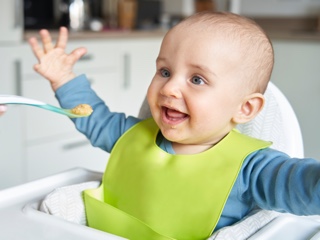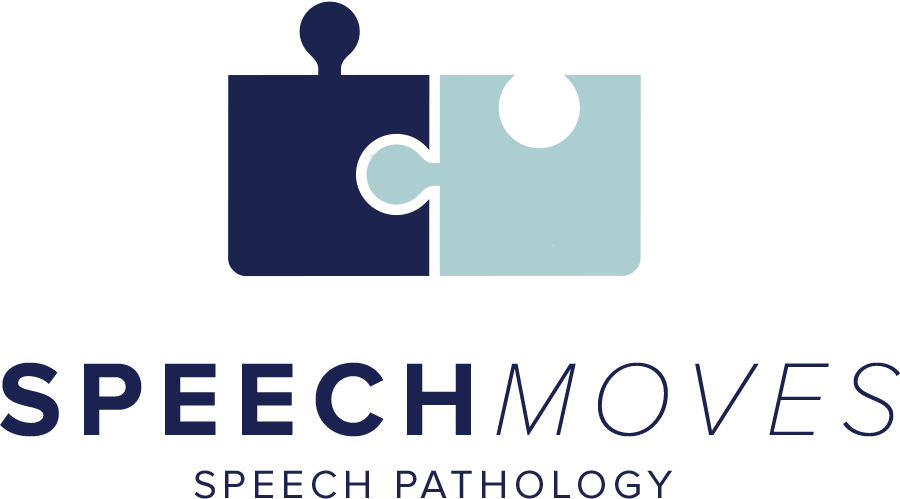
Why do some children drool excessively?
It is quite normal for children aged 6 -18 months to experience excessive saliva and drooling/dribbling, until oral-motor function is developed. Children aged 4 years and older who still experience drooling, may do so due to Cerebral Palsy, or other neurological impairments. A small group of children, with no other medical condition, may continue to drool up to the age of 6 years. The problem is not normally overproduction of saliva but inefficient voluntary swallowing. These children may not be aware of their dribbling, have difficulties with their sensory systems or oral motor control.
Why is saliva so important?
- Saliva lubricates the tongue and lips during speech
- Saliva lubricates food to assist with chewing and forming a bolus for swallowing
- Saliva cleanses the teeth and gums and assists with oral hygiene
- Saliva facilitates taste & regulates acidity in the oesophagus
Strategies to reduce excessive drooling:
- Teach the concepts of ‘wet’ and ‘dry’.
- Encourage your child to tap their lips and tell you if their lips are ‘wet’ or ‘dry’.
- Teach your child to pat dry their lips or to swallow if lips are wet. You might need to model an exaggerated ‘slurpy’ sounding swallow to demonstrate.
- Praise your child when their lips are ‘dry’ and when your child identifies ‘wet’ lips or chin and swallows.
- Provide your child with a bib or towelling arm band (depending on the age of the child) to assist in patting lips and chin dry.
- Play games with the lips to encourage lip closure.
- Patterned bibs often hide drool more than plain coloured bibs.
It is important to refer children over 4 years of age who dribble excessively to a Speech Pathologist for a thorough investigation of oral motor skills.
Tricia Linstrom

